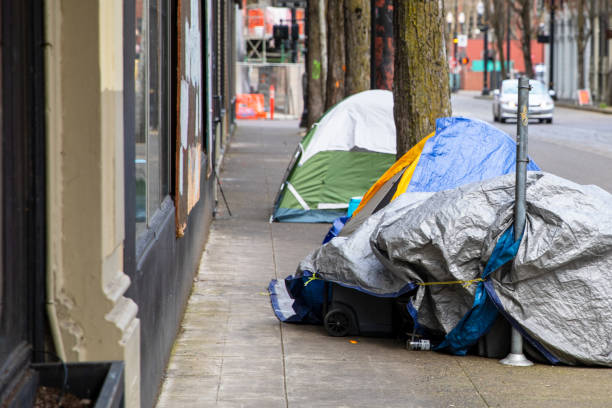Sierra Lynn, a sophomore at Clackamas High School, has suffered chronic depression since the age of six at the onset of her parent’s divorce. “I have depression, anxiety disorders, and ADHD. When I was six, my parents divorced and I became very depressed. I thought it was my fault. I tried going to therapy but it didn’t work. At the age of thirteen, I talked to my parents and asked them if their splitting was my fault, and they assured me that it wasn’t. They wanted to have a healthy relationship with me.” Sierra explains that she has been finding healthy ways to cope with the trauma of her parent’s split. “I go on walks and draw often, which helps me a lot.” Nearly 50% of US children live in divorced households, and many children and teens suffer effects such as depression and poor grades, many turning to unhealthy coping mechanisms like self-harm or substance use.
“I learned a lot about myself and what I want in somebody. I know how I want to be treated.” Lilly Traister, a junior at Clackamas High School, has taken time to heal from the “feeling of heartbreak” from the loss of her “first love”. “We met through a mutual friend and clicked. I asked him out and we dated for a year. He eventually cheated on me and started dating this girl he met through the sport he did, and I was heartbroken. I felt betrayed, lost, and insulted because I would never have done that to him. He should have been honest with me. He officially started dating the girl the day after we broke up, and all of his friends already knew they were together. I was the last to find out. I felt like a fool. He gaslit me by making me feel crazy to think that anything was happening between them. I realized that he and I didn’t fit well together. We grew apart; it was bound to happen. I’ve come to understand why it happened and that I couldn’t do anything to fix it. There’s nothing I could have done to change his mind. I had to take time to heal. I didn’t move on to somebody else, because I had to take time for myself. Some people don’t know how to heal and just move on to the next best person. I am in a better place now, and I will always care about him.”
Lisa Pappas, 51, used to live in fear of losing her loved ones, and even fear her own demise. “Many young people think about and fear death, especially the thought of losing a loved one. We believe that if it happens we will never be able to recover, so we don’t learn how to view death in a healthy way. We learn how to avoid the topic and distract ourselves from it. When I was twenty-six, I trekked around Mt. Everest with my stepfather, who was a highly experienced mountaineer. We were a half day’s hike from our base camp and he dropped dead from a massive heart attack. As I went through that experience, grieved, reflected, and processed, I came to understand that life is so short and fleeting that death can occur to any of us at any given time. No amount of pondering it, worrying about it, and trying to change it is going to do a thing. What that experience taught me and helped me to realize is that every minute of life is an absolute gift and we must live every day to the fullest as though it is our last. That removes the fear of the future, because if you see every moment as a gift, then you are truly living in the present. Fear of future events doesn’t have a place in one’s life. Ultimately, I came to see my stepfather’s death as a total blessing, because he died quickly in a place he loved, doing what he loved, and didn’t have to suffer. No one expected him to die so soon, but it taught me how to live in the moment, appreciate life more than I could have before, and not fear death.” Over half of all people in the United States claim that they are not afraid of death. Many cultures embrace the inevitability of death, such as in Latin America, where El Dia de los Muertos is celebrated to honor the deceased.
“We thought all of us were going to die.” Joel Townsend, 52, developed a fear of flying after experiencing a passenger’s worst nightmare. “Though I had no issue with flying in planes in my early days, I experienced a terrible turbulence incident in my mid-twenties that made flying after that quite uncomfortable. The pilot on that flight had found a ‘hole in the storm’ that he could go through to get us back on schedule. That ‘hole’ led to an instant one-thousand-foot drop in altitude. The wings were banging and all loose items flew up to the ceiling. I suffered panic attacks on all flights after that experience. Over time, I developed a strategy of focused breathing
prior to boarding a flight. I made sure that I kept my mind occupied with that during boarding, takeoff, and landing.”

